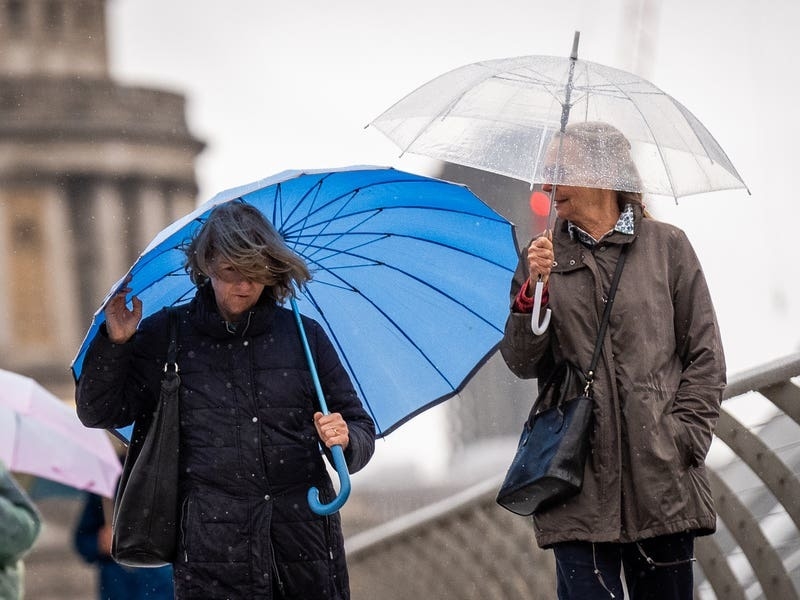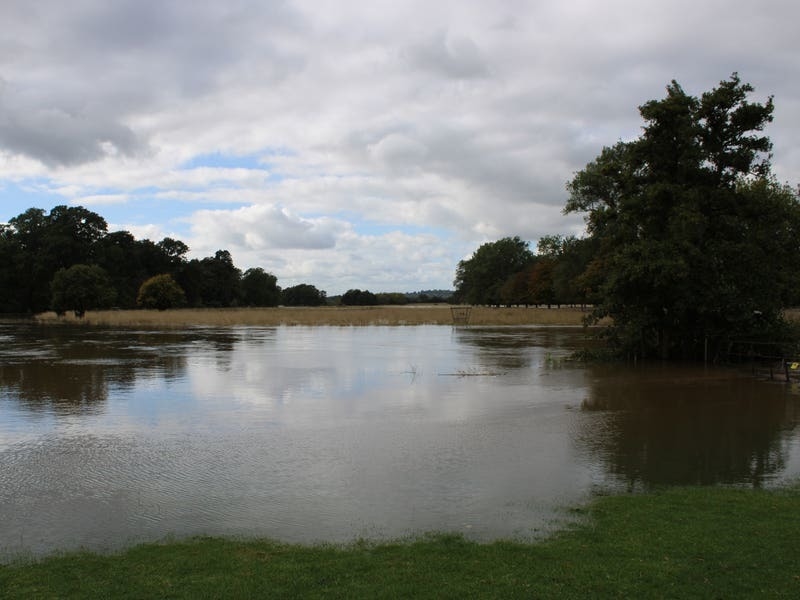Last year the States spent 2.5 per cent of its gross domestic product – the total value of goods produced and services provided in a country during one year – on education.
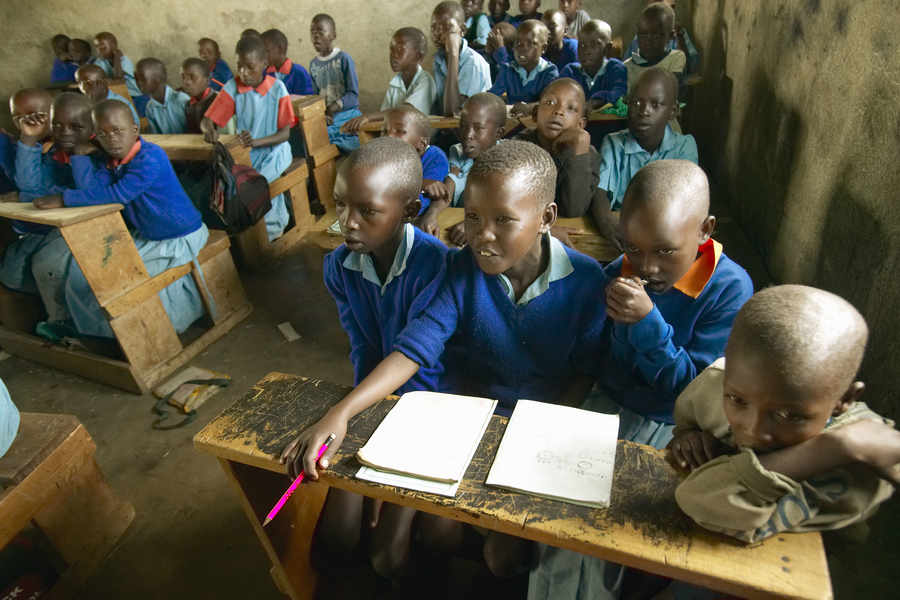
Malta: 8.0
Malawi: 7.7
Iceland: 7.4
Ireland: 6.2
UK: 6.0
South Africa: 6.0
Burundi: 5.4
Switzerland: 5.3
Singapore: 3.1
Liberia: 2.8
Jersey: 2.5
Bermuda: 1.8
That figure means Jersey spends less in percentage terms than dozens of countries, including three of the top five poorest countries in the world – Africa’s Burundi, Liberia and Malawi.
Separate UNESCO figures show that Malawi – ranked as the third most impoverished country in the world – spent 7.7 per cent of its GDP on education last year, just over three times that of Jersey.
Meanwhile, the UK government spent six per cent of its GDP on the area – more than twice the States did.
The independent report, entitled the Jersey Innovation Review and commissioned by the States to look at innovation and ways to improve it, also showed that a lower percentage of Jersey students went on to gain further education than those in the UK.
Business perception of the quality of the education system was also lower than across the Channel.
Deputy Louise Doublet, the chairman of the Education and Home Affairs Scrutiny Panel, and Marina Mauger, who represents the Island’s largest teaching union, the NASUWT, have both criticised the figures.
Deputy Doublet was recently successful in her proposition to add £260,000 of extra funding to the Education Department’s budget for 2016 – something she argued the Council of Ministers was legally obliged to do.
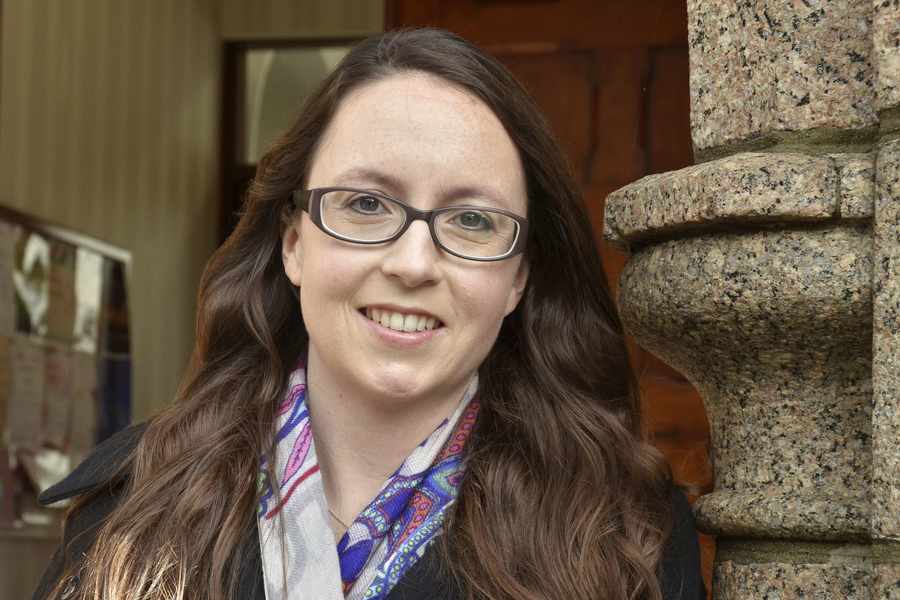
Speaking to the JEP, the Deputy said: ‘I was really shocked when I read the report – I really think we could do better than that. I obviously think we should be putting money into our children because the more that we spend on young people the more we will benefit in the future.
‘I know that difficult decisions need to be made and we have been told that we are investing in education as a priority, but I don’t think it is enough.
‘We have the Education Minister arguing against extra funding for his department.
‘I am sure that he did not feel right with that, but that is our system.
‘We have brilliant schools but I think if teachers were given trust and support we could do a lot better.’
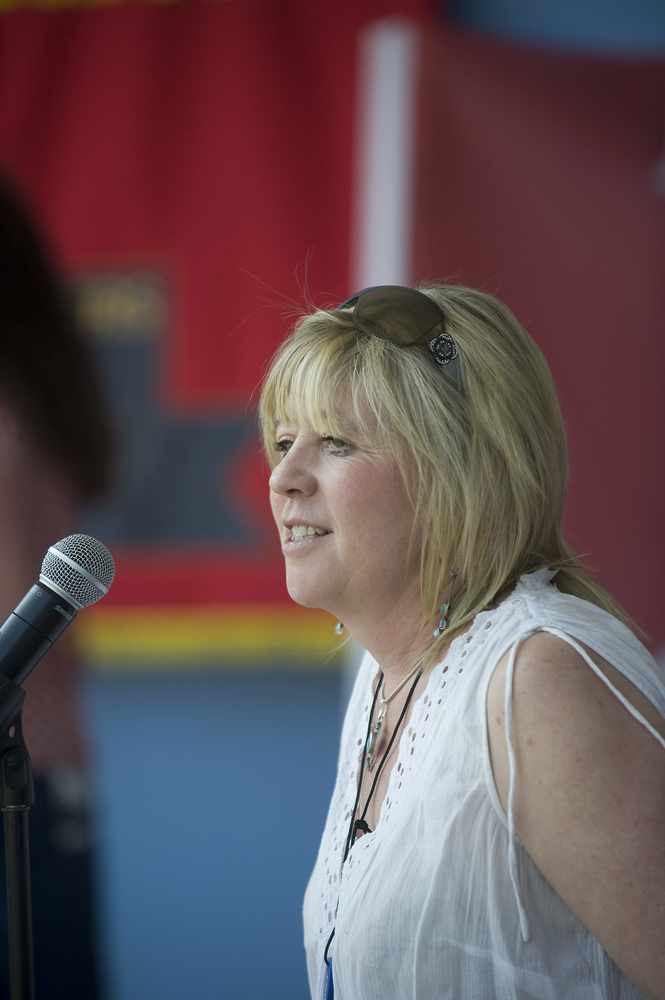
Responding to the findings of the report, Ms Mauger said that the figures were ’embarrassing’ and that her union was ‘very concerned’ that such a low percentage was being spent on education in the Island.
She said: ‘The NASUWT, the largest teachers’ union in Jersey and the UK, is utterly appalled that the Council of Ministers place so little value on the education of Jersey schoolchildren, that even Burundi, the third-poorest nation in the world, is willing to invest more in the future of their children than the States of Jersey who have no debt, but rather show a complete willingness to prioritise investment in the finance sector above the educational needs of their own.’
She added: ‘This government need to be held to account about their lack of true investment in education despite their public avowals of importance and investment.’
Meanwhile, Education Minister Rod Bryans said that the figures should not be viewed negatively.
He said: ‘Everybody is respectful that we have a structural deficit.
‘I think every department in the States would like more funding, but given our position we just have to make our practice leaner and more efficient.
‘If education had a higher percentage we might risk losing services elsewhere.
‘People may be surprised at the differential, but we still have a cracking education system.
‘The teachers are doing an exemplary job in schools – the amount of learning and quality of the students is fantastic and we are heading in the right direction.
‘We have created a strategy to deal with the structural deficit and health and education remain top of our agenda.
‘As our strategy starts to work there may well be an opportunity to put more money into education.’


